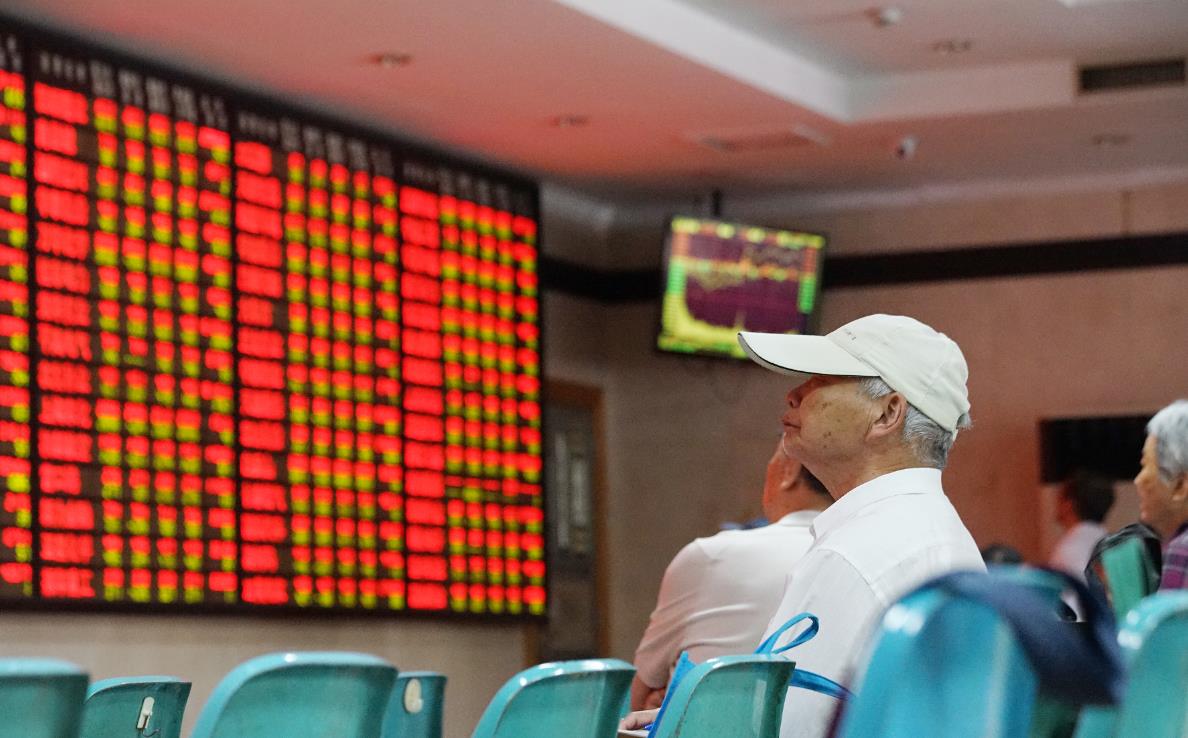Change hides historic opportunity for investors


After ChiNext of the Shenzhen Stock Exchange, the whole Chinese A-share market may embrace the registration-based, market-driven system for initial public offerings next.
The reform is not simply about changing IPO procedures. It will revolutionize the investment behavior of each A-share investor, especially small investors.
Unlike mature markets where institutional investors dominate, the domestic A-share market has broad participation of individual investors. It's said that China has more than 160 million retail investors. And their number is growing.
Retail investors contribute about 80 percent of trading activity on the Shanghai bourse. In value terms, analysts believe the corresponding figure may be less than 20 percent in the US stock market.
The presence of a humongous community of small investors in the stock market makes its structure prone to speculative trading as herd mentality rather than sound judgement drives sentiment.
The registration-based reform is expected to sound the death knell for this practice. Individual investors intending to survive in the market should sharpen their stock selection. They should learn to assess the intrinsic value of a stock and manage greater risks. Else, they will end up placing wrong bets and lose big time.
The reform eases access to IPOs. Even startups with uncertain growth prospects will seek to list. Some of them may even emerge big winners. But many are expected to come a cropper.
The ability to select the right stocks will be more important.
Investors will have more options when choosing investment targets. So, stocks of companies with plain-vanilla fundamentals will no longer attract investors. Broad-based surges in stock prices regardless of fundamentals may soon become less common. Retail investors can no longer count on them for profits.
These are only a few examples of how the reform will make A-share investment different. Analysts talk of risks brought by more delistings and loosened daily gain and loss limits.
Individual investors aware of the challenges are eagerly adapting themselves to the upcoming new normal.
Some have stepped up efforts to enlighten themselves and enrolled into investor education institutions. The idea is to gain investment expertise. Others have turned to professional investors for asset management services. This trend will continue as reform and opening-up efforts deepen, aligning the investor structure with world-leading practices.
The January-May period saw 540 new mutual funds in the mainland market. In all, they raised a record-high 801.7 billion yuan ($113 billion), more than double year-on-year, according to market tracker Wind Info.
Interestingly, as investors turn smarter through either sharpening their own skills or entrusting personal investing to specialists, the market will become more efficient in price discovery. This will, in turn, likely boost the quality of listed firms and attract more money into the market, sparking a potential virtuous cycle in the A-share market.
As a leadership meeting in April pointed out, the ChiNext reform and the new IPO regime are key to optimizing the capital market's basic system and improving its functions.
Change is in the air, and it will bring not just challenges but a historic opportunity to investors. Those who adapt best will reap maximum benefits.



































